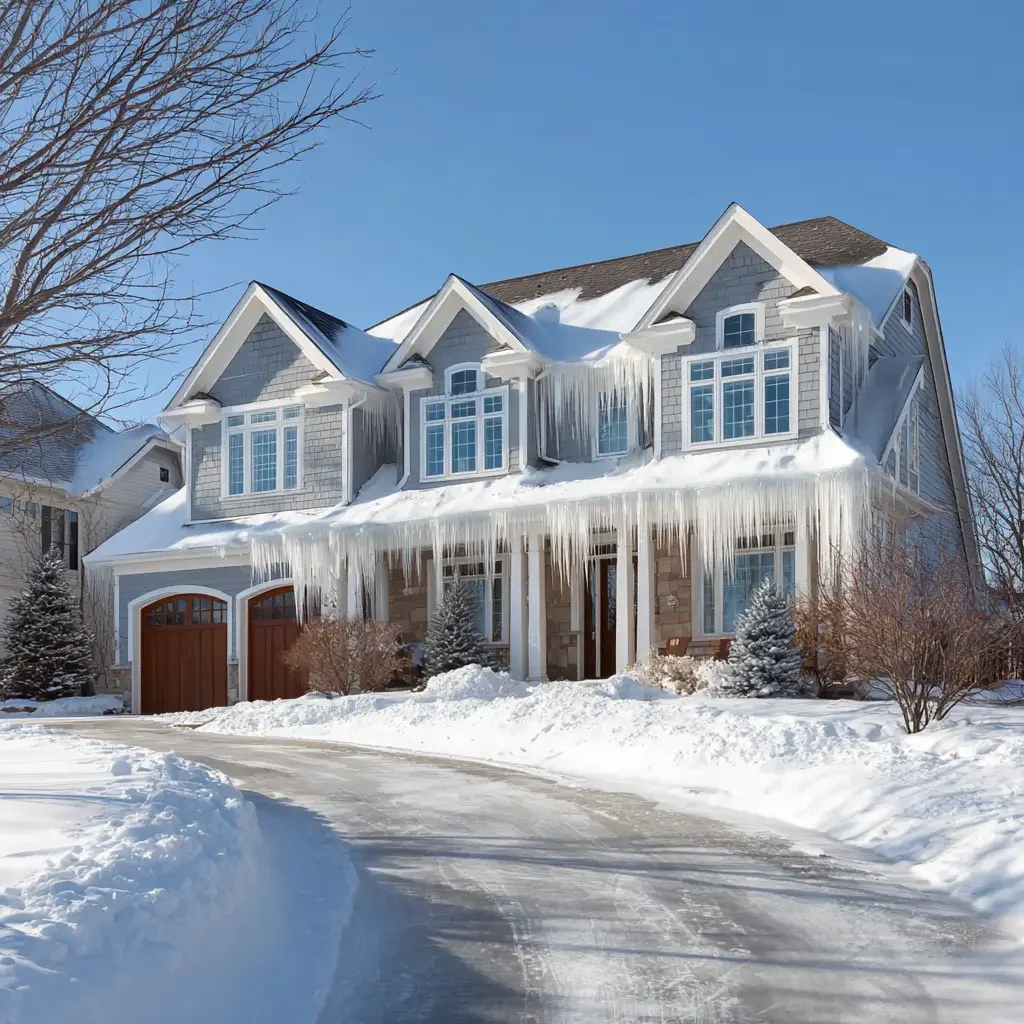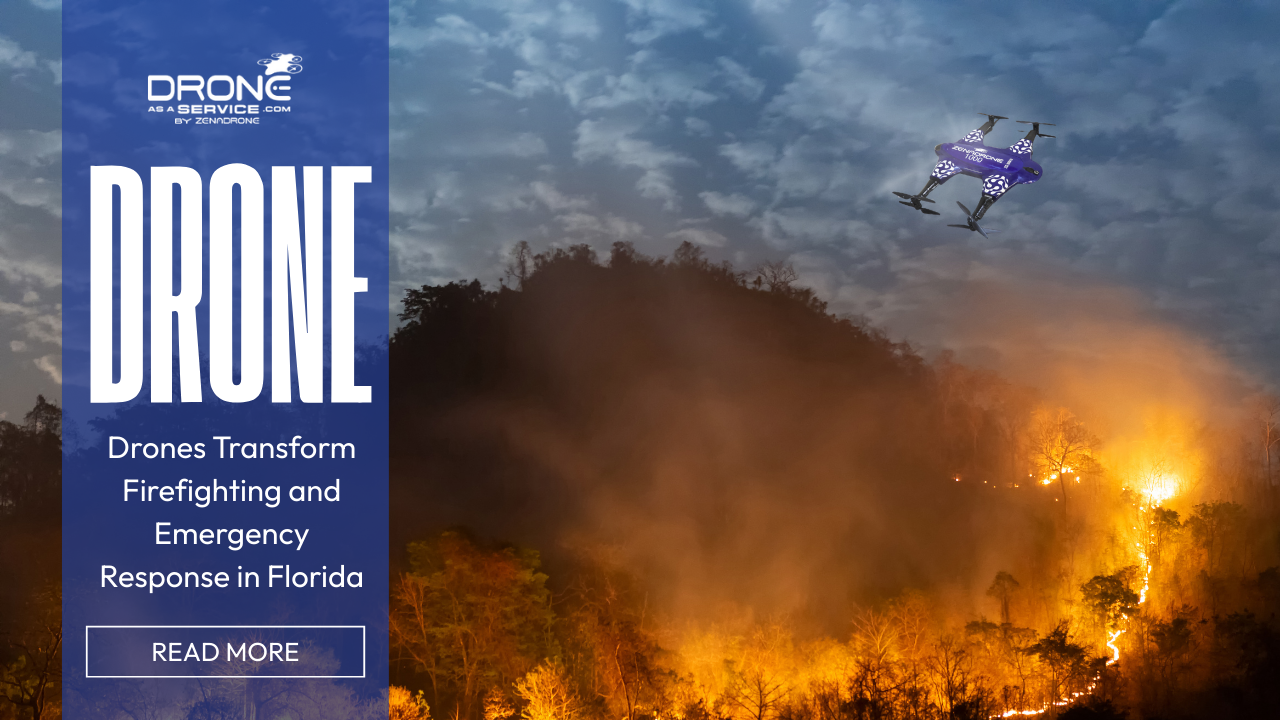Auto Insurance Claims in 2025: A Guide to Navigating the New Normal
TLDR: What the 2025 Auto Claim Trends Mean for You
Fewer Accidents, Tougher Claims: Industry data shows collision claims are down, but this has caused insurers to scrutinize the remaining claims more intensely than ever to increase profitability and make up for past losses.
Insurers Are Challenging Everything: Expect pushback on your repair claim. Common tactics include pushing for cheaper non-OEM (aftermarket) parts, disputing your body shop's labor rates, and significantly undervaluing your car if it's declared a total loss.
Your Body Shop Is Your First Advocate: For most standard auto claims, a reputable, certified body shop is your primary expert for fighting an insurer's low repair estimate and ensuring a safe, proper repair.
Know Who to Call for Specialized Help: If you are injured in an accident, you need a personal injury attorney. If your vehicle was damaged as part of a larger property disaster (like a house fire, flood, or tornado), you need a Public Adjuster to manage the entire complex property claim, including the vehicle.
In short, getting a fair payout for your auto claim is harder in 2025. Be prepared to question the first offer and know which professional to call for your specific situation.
If you've been in a car accident recently, you've likely felt a frustrating shift in the air. The insurance claim process, never simple, now seems like a battle from the very first phone call. Estimates are questioned, repairs are delayed, and settlement offers feel insultingly low. You're not imagining it.
The latest industry data for 2025 reveals a fascinating, counterintuitive trend: even as the frequency of auto accidents is declining, insurance companies are becoming more aggressive and meticulous in how they handle the claims that remain.
This guide is designed to pull back the curtain on the auto insurance industry in 2025. We will explore the data that’s driving this change, reveal the new playbook insurers are using to control costs, and provide a clear roadmap for you to navigate this tougher environment and secure a fair payout for your damaged vehicle.
The 2025 Auto Claim Landscape: A Deep Dive into the Numbers
To understand the challenges you're facing with your claim, you first need to understand the high-level trends that are dictating your insurer's strategy.
Claim Frequency is Finally Dropping
After years of post-pandemic volatility, the number of claims being filed is decreasing across key categories.
Collision Claims: Frequency has fallen from a high of over 8.0% in 2022 to just 7.3% in 2024. This means fewer people are reporting accidents involving collisions with other vehicles or objects.
Property Damage (PD) Claims: This category, which covers damage your car does to someone else's property, has also dropped to 3.9%, breaking below the 4.0% threshold for the first time in years.
Bodily Injury (BI) Claims: These have held steady at 1.0%. While fewer accidents are happening, the ones that do are still causing injuries at a consistent rate.
Why the decline? This is likely due to a combination of factors, including the proliferation of advanced driver-assistance systems (ADAS) like automatic emergency braking, as well as shifts in driving patterns with more people working from home.
But Claim Severity and Costs Remain High
While frequency is down, the cost to settle each claim (known as severity) is still a major issue for insurers.
Motor Vehicle Parts Costs: After years of sharp increases due to supply chain chaos, the costs for parts have finally gone flat. This is a relief for insurers, but it doesn't mean parts are cheap—they have simply stabilized at a much higher price point than a few years ago.
Repair Complexity: Modern cars are packed with sensors, cameras, and computers. A simple bumper replacement now requires recalibrating multiple safety systems, dramatically increasing labor time and costs.
Medical Care Costs: Medical inflation is still running at 2.7%, meaning the cost to treat injuries from an accident continues to climb.
This creates a paradox: fewer claims, but stubbornly high costs for the claims that do occur. This is the central tension that defines the industry today.
The Insurer's New Playbook: The 2025 "Profitability Push"
For several years, major auto insurers were losing money on their policies. The combination of high claim frequency and runaway costs meant they were paying out more in claims than they were collecting in premiums.
Now, with claim frequency dropping, they have a golden opportunity to restore profitability, and they are seizing it with aggressive new strategies. Welcome to the great "Profitability Push" of 2025. Insurers are on a mission to plug "claim leakage"—their term for anything they consider an overpayment—and it’s affecting every aspect of your claim.
This top-down pressure means staff adjusters are trained and incentivized to scrutinize, question, and challenge every single line item of your repair estimate or valuation.
How This Affects Your Auto Claim: Common Tactics in 2025
This new "Era of Scrutiny" isn't just theory; it translates into specific tactics you will likely encounter when you file a claim.
1. The Under-Scoped Initial Estimate
The first estimate you get from the insurance company's adjuster will almost certainly be low. This is intentional. They will often write an estimate based only on visible damage, omitting necessary procedures like pre- and post-repair scanning of vehicle sensors, the cost of blending paint for a perfect match, or one-time-use clips and fasteners that must be replaced. They are betting that you, or your chosen body shop, won't fight for these items.
2. The Push for Aftermarket & Salvage Parts
Your insurer will aggressively push for the use of non-OEM (Original Equipment Manufacturer) parts.
Aftermarket Parts: These are cheaper, copycat parts from third-party manufacturers. They may not fit as well, perform as safely, or be made with the same quality materials as the parts your car was built with.
Salvage (Used) Parts: These are OEM parts taken from a vehicle in a junkyard. While they are OEM, their history is unknown, and they may have unseen stress or wear. Your policy may allow for these parts, but you have the right to question their quality and demand parts that restore your vehicle to its pre-accident condition.
3. Disputes Over Labor Rates and Procedures
A high-quality, certified auto body shop invests heavily in training and equipment to repair modern vehicles correctly. Their labor rates reflect this expertise. Insurers often refuse to pay these rates, instead claiming that their "market survey" shows a lower prevailing rate. They are essentially trying to push you toward cheaper, lower-quality shops. They will also refuse to pay for necessary procedures that are mandated by the vehicle's manufacturer for a safe repair.
4. Delays and Lowball "Nuisance" Offers
The classic "war of attrition" is alive and well. Your insurer may drag out the process, hoping that your need for a vehicle will make you desperate. After weeks of delays, they may present a low, take-it-or-leave-it offer, betting you'll accept it just to end the ordeal.
5. Undervaluing Your Total Loss
If your vehicle is declared a total loss, the fight shifts to its pre-accident value. The insurer will produce a valuation report from a third-party company that often uses inappropriate "comparable" vehicles (models with fewer options, higher mileage, or from a different geographic market) to arrive at a lower value.
Building Your Defense: Knowing Who to Call and When
In this tough environment, you need an advocate. But who is the right one for your specific situation?
Your First Advocate: A High-Quality Auto Body Shop For most claims involving vehicle repairs, your best partner is a certified, reputable auto body shop. They are the experts in repair procedures. They will take the insurer's low initial estimate and submit supplements for all the missing items, fighting on your behalf to get the claim paid correctly so they can perform a safe and proper repair.
For Injury Claims: A Personal Injury Attorney If you or anyone else was injured in the accident, the situation becomes much more complex. The "Bodily Injury" portion of a claim requires specialized knowledge. This is the time to contact a personal injury attorney. They will handle all communication and negotiation related to medical bills, lost wages, and pain and suffering.
For Catastrophic & Complex Scenarios: A Public Adjuster So where does a public adjuster fit in? A public adjuster is a licensed expert in property damage claims. While they do not handle typical car accidents, their expertise is essential when your vehicle is damaged as part of a larger property loss.
House Fire: If your car is destroyed in a garage fire that also damages your home.
Hurricane/Flood: If your vehicle is flooded by storm surge that also floods your house.
Tornado/Catastrophe: If a tornado or other disaster damages your home, business, and vehicles simultaneously.
Large-Scale Hail: In some cases involving severe hail damage to multiple vehicles, RVs, or commercial fleets.
In these scenarios, the vehicle is just one piece of a much larger, complex property claim. A public adjuster like those at Shoreline Public Adjusters manages the entire claim—house, contents, and vehicles—to ensure every aspect is documented and you receive a full settlement for the total loss.
Conclusion: Be Prepared and Know Your Team
The 2025 insurance claim trends show a clear picture: insurers are working harder than ever to control costs. For you, this means a simple auto claim is no longer simple. You must be prepared for a fight over repair procedures, parts, and valuations.
Knowing who is on your team is your greatest strength. Rely on your chosen body shop for repair expertise, an attorney for injuries, and, if your vehicle loss is part of a larger property disaster in Florida, Wisconsin, or Minnesota, rely on the experts at Shoreline Public Adjusters to manage the entire catastrophic claim.
If your vehicle was damaged as part of a larger property loss, contact us today for a free consultation. We’ll ensure your entire claim is handled correctly.
Shoreline Public Adjusters, LLC
780 Fifth Avenue South
Suite #200
Naples, FL 34102Email: hello@teamshoreline.com
Phone: 954-546-1899
Fax: 239-778-9889



Got a lowball offer or a denied claim? In most cases, it's not too late to hire a public adjuster. Learn the state-specific deadlines and claim stages where a licensed public adjuster can still fight for a higher settlement on your behalf.